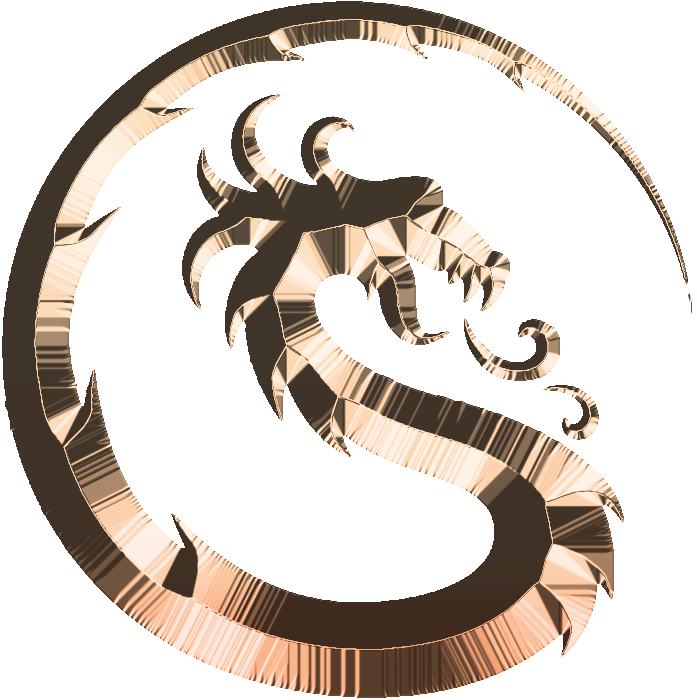This week, author Marie Brennan, at Science Fiction & Fantasy Novelists, wrote an interesting post on portal fantasies, titled This Wardrobe Closed Until Further Notice. The premise is that agents and publishing houses have no interest in portal tales — those stories where a character from our world goes through some looking glass or other portal into a fantasy world that he or she has to save. Apparently, this concept has become hugely overdone, especially in YA fantasy. But Ms. Brennan ponders why this is so, and whether this new found bias against portal fantasies is justified. Her article is well worth reading!
 |
| Is the looking glass broken? |
Meanwhile, author and former agent Nathan Bransford, in a post titled The Way We Learn About Books is Changing, wrote about some interesting statistics in book buying. According to Mr. Bransford, two years ago, 35% of book purchases were made because the reader discovered the book in a brick-and-mortar store. Today, by contrast, only 17% of readers discovered a book in a physical bookstore. For more on this trend, read Mr. Bransford’s post here.
If you are interested in the late Roman/early medieval time period, Leslie Hedrick posted a wonderful article titled On The Topic of Pre-Dungeon Prisons. Ms. Hedrick’s blog is full of fun and interesting facts concerning this time period, and it’s always a good read!
As of this weekend, The Twelve by Justin Cronin has claimed the top spot in fantasy fiction on Amazon.com, while The Night Circus by Erin Morgenstern holds on to the #1 ranking in historical fantasy.
Until next week, good tidings and good day!

BJB
October 22, 2012 - 12:34 pm ·Interesting question on the portal stories. I think there's a fundamental question at play that I'd like to hear you address, please. And by the way, I skimmed through the Brennan post quickly and don't think I saw it addressed there either. The question is: with the option of making the entire story set in the fantasy universe instead of having a portal to get there, what's the real subconscious reason for the portal anyway? What does it add? Do the portal authors think this mechanism somehow makes the fantasy more real — helps the reader suspend disbelief that such a thing could exist? Is it supposed to make the reader feel more engaged, on the premise that the real world is somehow connected to the story? (Brennan's post touches on this variation of the question in a converse way.) What are your expert thoughts on it?
Joseph Finley
October 22, 2012 - 7:40 pm ·BJB, thanks for the comment! While I've never written a portal tale, I suspect many authors (especially in YA fantasy) believe making the main character from our world makes him or her more relatable to the reader. So, for example, a 16 year-old protagonist in high school who finds herself in some fantasy realm may be more relatable to a 16-year-old reader of YA fantasy. It also allows the author to have the main character compare the fantasy/portal world with our world, for what it's worth. But this is all just an educated guess. If there are any writers of portal fantasies out there, I'd love to hear your view.
BJB
October 24, 2012 - 2:12 pm ·Hearing your two theories, I think you must be exactly right. They sound very plausible. Moreover, I think they sound like valid justifications for portal tales as a specific subgenre, and to maintain them in fiction's lexicon. Also, I am not sure they should be limited to teens, in terms of psychology. In light of your theories, would you agree that (1) most SF stories involving Earthlings traveling into space (whether voluntarily or not) are essentially portal tales and (2) the same for time travel stories?
Joseph Finley
October 24, 2012 - 9:35 pm ·Hmmm … I've never thought of space trips as portal tales, or time travel stories. I bet agents and publishers don't look at these the same way. Space travel is the realm of science fiction, so I imagine that fans of scifi expect space travel, which may be part and parcel to their expectations. The same may be true with time travel stories (although I am guessing). One aspect of time travel stories is whether one's actions in the past can affect the future. This is a bit different than jumping through the looking glass into a totally fantasy or fairy realm that has no logical impact on the real world. But my best guess is that, for some reason, YA writers were drawn toward these stories, which have been around as long as C.S. Lewis and The Lion, the Witch and the Wardrobe, and Lewis Carroll's Alice in Wonderland. Not being a huge fan of the modern YA version of these portal tales, I can't really say if the market is so saturated as to need a break. I thought that would be the case of teen vampire romance novels, and maybe it is. But who knows?